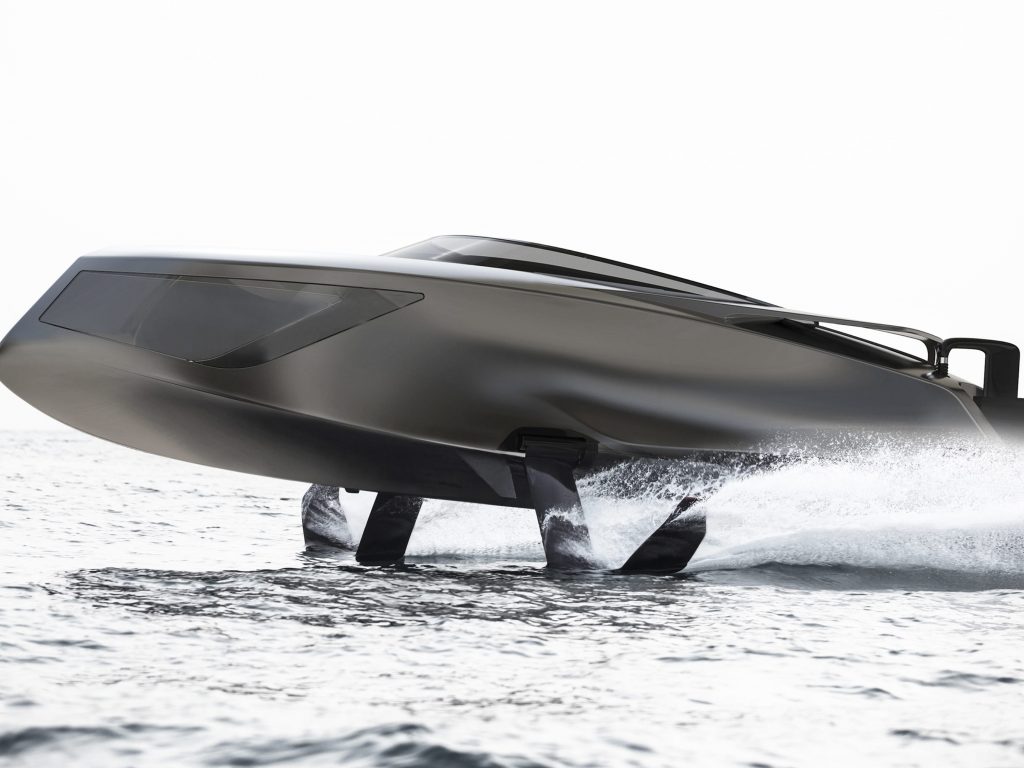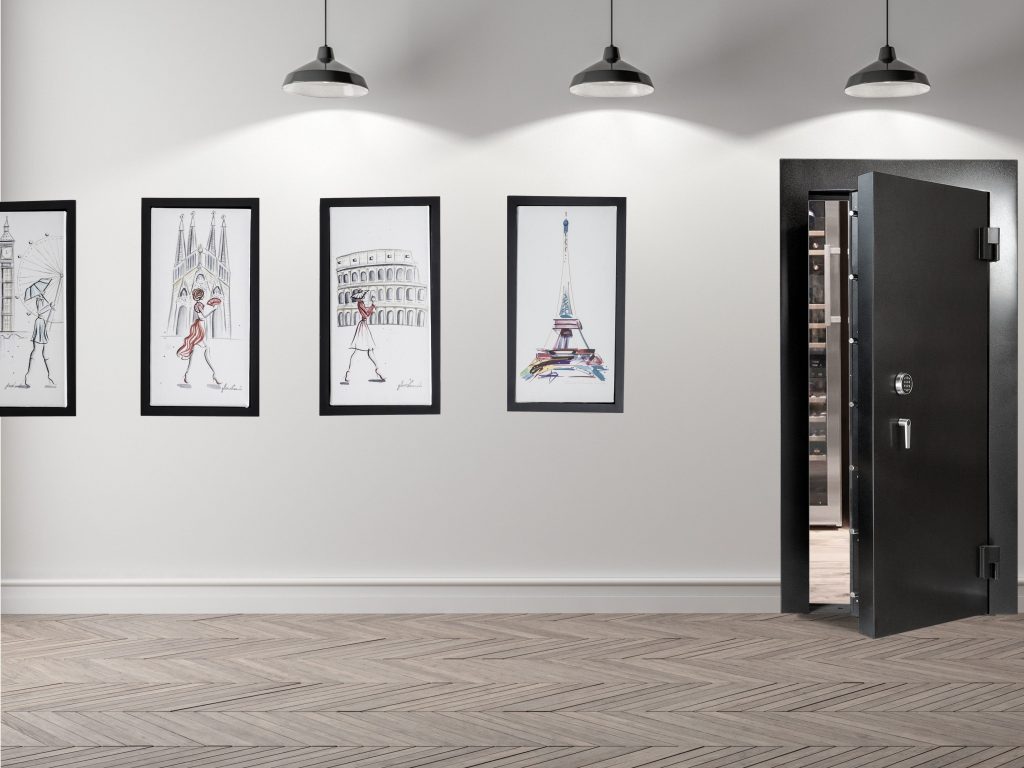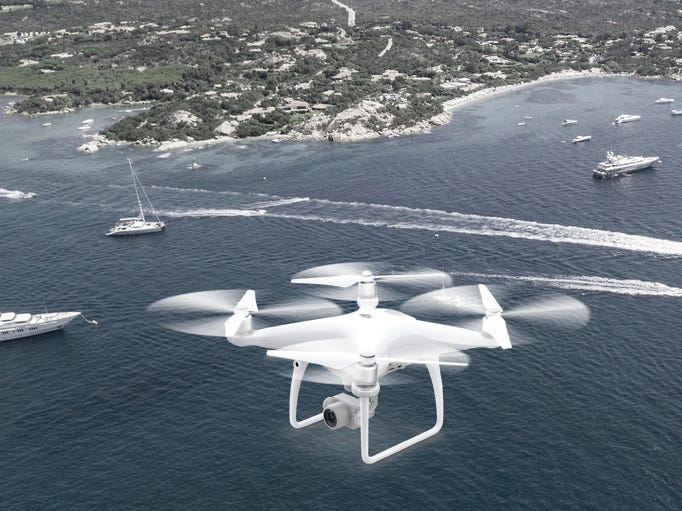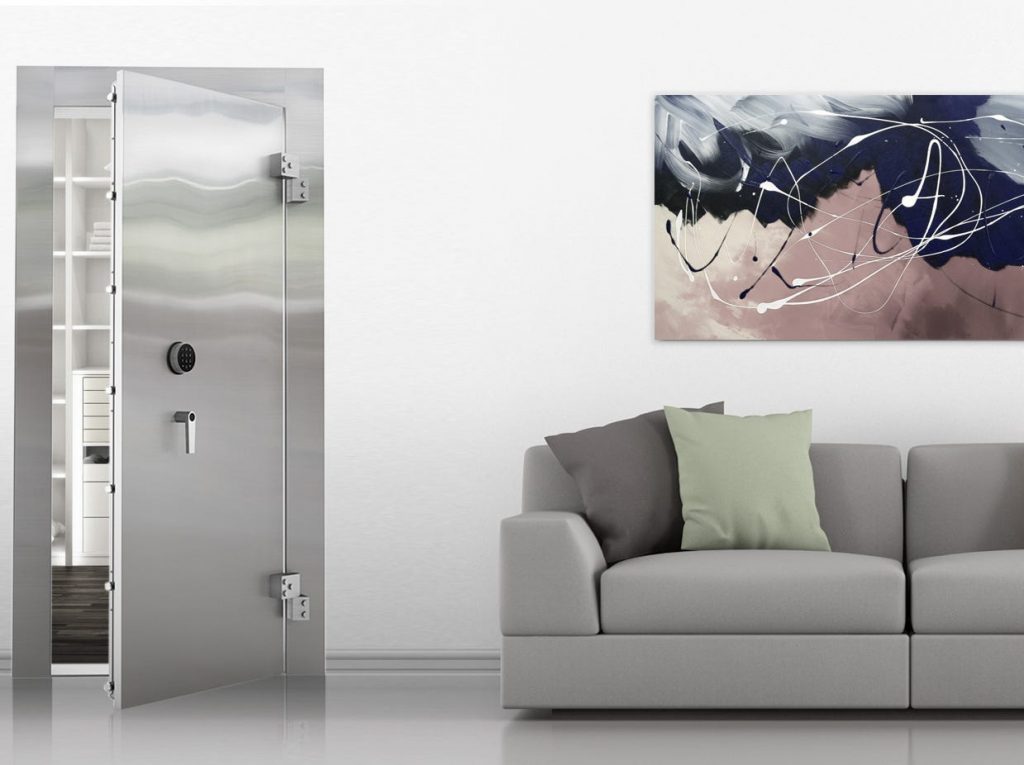- Security company: "There's no other vulnerable situation on the planet like being on a superyacht."
- Billionaires spend $10 million and more to protect guests and information on their superyachts.
- Drone attacks and piracy are the greatest threat facing vessels in the open waters.
Former Austrian military commando Matthias Fitzthum tells all of his "billionaire" clients the same thing in the wake of a possible drone attack on their superyacht, better known as a code yellow.
"Play a song you normally don't hear or enjoy, like AC/DC's 'Hells Bells,'" the CEO of Bespoke Home & Yacht Security told Insider about the agreed-upon protocol to file into the ship's armored serenity zone. "The song is a very clear alarm for all family members to retract immediately."
With crime rising around the country and the globe, particularly in affluent areas, the wealthy are sparing no expense to safeguard their homes with panic rooms and a building a veritable citadel to protect their properties.
Now they're doing the same with their superyachts ahead of cruising season this summer in places like the Mediterranean and French Riviera.
In other words, the uber-wealthy are creating "floating fortresses."

Security firm, Bespoke Home & Yacht Security, told Insider that inquiries have jumped 1,000% in the past six months. "They say, 'We're scared, we're fearful.' It's wealthy areas around the world," said Fitzthum, adding, "There's no other vulnerable situation on the planet like being on a superyacht."
The super-wealthy are shelling out upwards of $10 million to tactically fortify their vessels from every angle. The sophisticated — and unregulated — drone culture, which can carry bombs and chemical weapons, coupled with piracy and snipers, are the greatest threats today, according to Bespoke.
"Drones are and will probably be the biggest threat going forward for superyachts," said Dean Cryer, VP of International Operations for Bespoke, whose company counterpunches with specialized anti-drone equipment.
Bespoke is one of the multiple security companies that handle security for the ultra-wealthy, according to Sam Thompson, a Monaco-based manager at JMS Yachting, a management company that looks after clients' yachts. "These yachts are targeted," said Thompson, adding, "there's an increased vigilance onboard these yachts."

The goal? "We're creating a Fort Knox," said the 51-year-old Fitzthum, who was former special forces for the Austrian military. "Superyachts are at hyper high risk," he added, explaining that the risk today is "multiplied by a factor of 10 or 15" compared to a few years ago because they need to protect assets and information as well as lives.
While Bespoke declined to comment on the nature of their clients, the company told Insider, "Most of our clients are billionaires, ultra-high net worth — a home in LA, London, Monaco, Caribbean, with a private jet and superyacht," said Cryer.
Knowing any and all weak spots of their clients' lives is also critical, Fitzthum said, which requires intimate knowledge.
"I must know more than the client's lawyer or wife. I have to know about their second and third lives. Any sexual topics, any mistresses, any apartments nobody knows about because he's meeting [his mistress]," said Fitzthum of a client's risk assessment.

Fitzthum said clients rarely balk at the eye-popping price tag, which can easily crack $1 million and go as high as $10 million and more to install Bespoke's "unique universe of security." Given the valuables on board, it gives new meaning to the term "precious cargo."
"I've seen art worth hundreds of millions of dollars — whatever you can imagine," said Fitzthum of the world-class sculptures and paintings on board makeshift floating museums. "I've seen Picassos and Van Goghs on board of superyachts."
It's a drop in the bucket to protect physical assets, to say nothing of the safety of the lives aboard — as some 20 guests and 100 crew members are typically on these vessels.
Though Bespoke declined to detail any instances with clients due to strict NDAs, the principals noted today's biggest risk can be when superyachts dock at ports to refuel. "The amount of attacks on superyachts is heavily increasing, especially in a harbor or at anchor in a bay. This is new," said Fitzthum, calling it a "big problem of piracy, of opportunity."

Protection includes long-, medium-, and close-range detection, perimeter detection and defense as well as underwater detection. There's no fingerprint reader to open doors on these vessels. "The fingerprint reader is bullshit because an intruder can cut off your fingers and open any device," said Fitzthum, noting his preferred palm vein scanner. "It can only open the door while you're alive because the veins are only readable when you're alive. Once someone cuts off your arm, it's useless."
A package can include a highly trained crew of former Royal Marines, maritime cyber security, bulletproof floodlights and sirens, thermal cameras to help identify intruders through bad weather, and heavy engineering in armored and bulletproof panic rooms and safe-havens.
"They're sealed in a way that no gas or fog can get through these doors. No liquids — that's key," said Fitzthum. Armored and bulletproof tenders — the smaller boats used to ferry passengers to port from larger vessels — are a must when a client wants to dine onshore for dinner.
Fitzthum, who compared his layered systems of protection to the net of a spider, imparted a final warning: "Wherever someone tries to attack this net, they're in deep shit."
